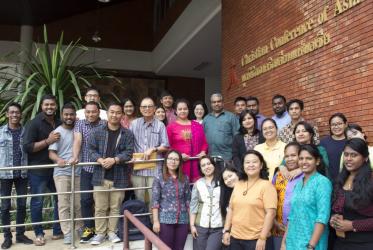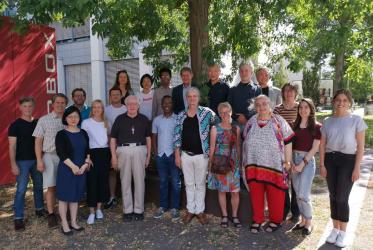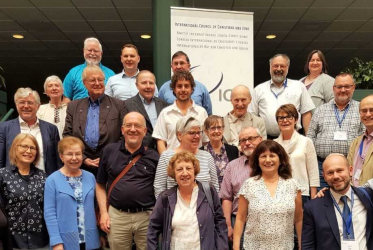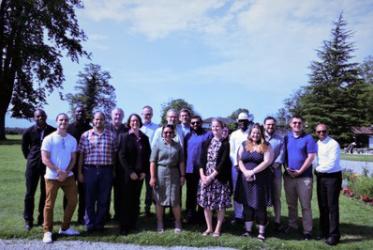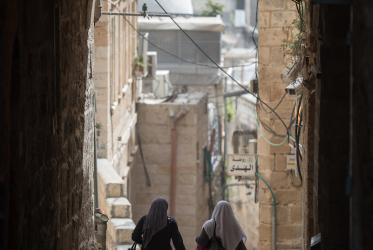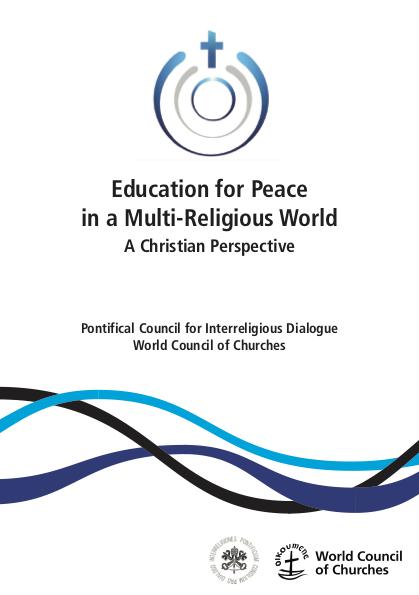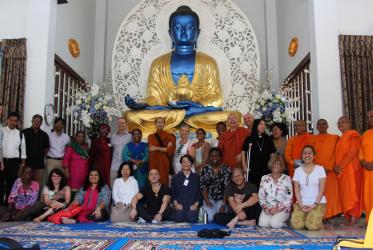Displaying 161 - 180 of 381
Bossey gathers students for interreligious dialogue
02 July 2019
Peacemakers at work in Sri Lanka
29 April 2019
Latest issue of Current Dialogue tackles diverse themes
28 March 2019
Shabbat dinner ‘helps humanize two sides of the story’
27 March 2019
Peace is common denominator of all major religions
05 March 2019
